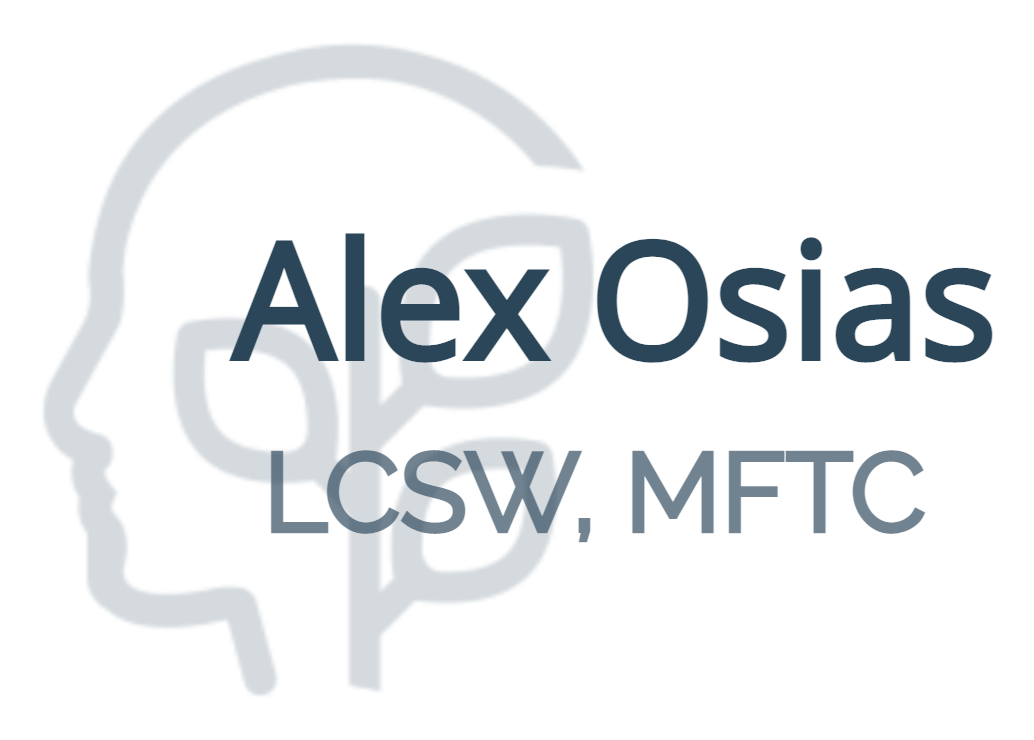Building Strong Connections: LGBTQI2S+ Couples and Families
In the realm of relationships and family dynamics, Dr. John Gottman’s research has been invaluable in understanding the building blocks of successful connections. However, it’s crucial to recognize that love knows no boundaries, and that includes LGBTQI2S+ couples and families. This blog post aims to explore how the principles of Gottman’s research can be applied to create strong and lasting connections within the LGBTQI2S+ community.
Understanding Gottman’s Theory
Dr. John Gottman is renowned for his research on the factors that contribute to relationship success and failure. His work emphasizes the importance of emotional connection, open communication, and conflict resolution skills in maintaining healthy relationships. Gottman’s concepts, such as the “Four Horsemen of the Apocalypse” (criticism, contempt, defensiveness, and stonewalling) and the “Love Maps,” provide valuable insights into building and sustaining strong connections.
Applying Gottman’s Principles to LGBTQI2S+ Relationships
Emotional Connection is Universal: Regardless of sexual orientation or gender identity, emotional connection remains at the core of any successful relationship. LGBTQI2S+ couples can build emotional bonds by actively listening to each other, expressing affection, and prioritizing quality time together.
Effective Communication: Open and honest communication is essential for all couples, and it’s no different for LGBTQI2S+ couples. Create a safe space where both partners can express their thoughts, feelings, and concerns without judgment. Gottman’s concept of “soft startups” can help address issues without triggering defensiveness.
Conflict Resolution: Conflict is a natural part of any relationship, but it’s how conflicts are managed that determines their impact. LGBTQI2S+ couples can benefit from Gottman’s conflict resolution strategies, such as “repair attempts” and “compromise.” These techniques help prevent conflicts from escalating and damaging the relationship.
Friendship and Intimacy: Building a strong friendship and maintaining intimacy are vital aspects of LGBTQI2S+ relationships. Engage in activities you both enjoy, share laughter, and nurture your physical and emotional connection. Gottman’s “Love Maps” can help partners stay connected by staying up-to-date on each other’s dreams, goals, and interests.
Supporting Each Other: In LGBTQI2S+ relationships, it’s crucial to support each other’s identities and experiences. Be an ally to your partner, whether they are navigating the complexities of coming out, facing discrimination, or embracing their gender identity.
Building Strong LGBTQI2S+ Families
In addition to romantic relationships, many LGBTQI2S+ individuals also build families through adoption, surrogacy, or other means. Gottman’s principles can also be applied to foster strong connections within LGBTQI2S+ families:
Family Meetings: Establish regular family meetings to check in on everyone’s emotional well-being and address any concerns. Encourage open communication and active listening within the family unit.
Respect Individual Identities: Just as in romantic relationships, it’s vital to respect each family member’s unique identity, whether they are cisgender, transgender, non-binary, or somewhere along the gender spectrum.
Creating Safe Spaces: Ensure that your home is a safe and affirming space where everyone feels accepted and loved. Teach your children about diversity and inclusion from an early age.
Celebrate Diversity: Embrace and celebrate the diverse backgrounds and experiences within your LGBTQI2S+ family. Encourage family members to share their stories and experiences.
Strong connections within LGBTQI2S+ couples and families are built on love, respect, communication, and understanding. Dr. John Gottman’s research provides valuable insights into nurturing these connections, emphasizing that the principles of successful relationships are universal. By applying these principles, LGBTQI2S+ couples and families can navigate the unique challenges they may face and build lasting, fulfilling connections that celebrate their love and identities.
